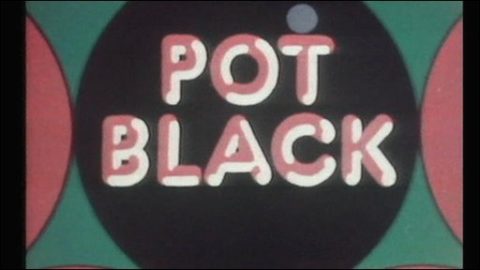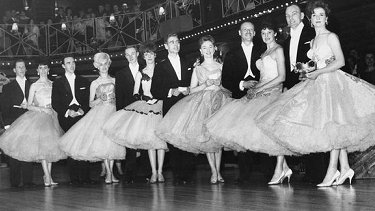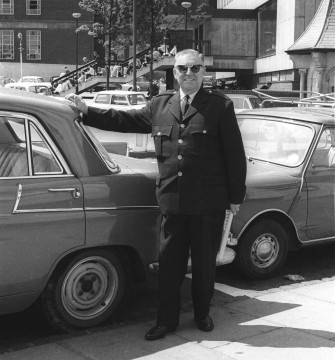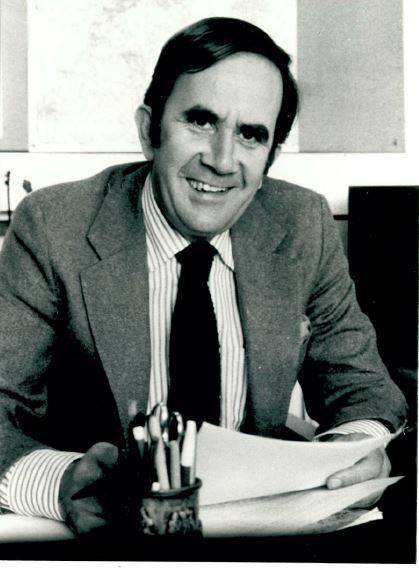
BBC Gosta Green Studios

BBC offices in Carpenter Rd, Edgbaston
Birmingham Broad Street
When I arrived in Birmingham I found that the regional centre was split into three, mainly for historical reasons. The main television studio was at Gosta Green, which had been so quickly installed in an old cinema at the start of Independent Television, that radiators were still fixed to the walls at varying heights where the audience seating used to be. I worked at Broad Street in the Sound Control Room, where there was also a television studio (Studio 1 later the larger Studio 4) for regional opt out; and teleciné. The drama studio was Studio 2. The managers were all at Carpenter Road, some distance from either operational centre, which was an excellent arrangement because you never saw them! The building was a blind school before the BBC took over, and some said it had never changed. The Midland Light Orchestra used Studio 6 at Carpenter Road, recording their music on tape machines a mile away at Broad Street, actually in the Control Room (Only the BBC could do it this way!)
I have mentioned my inability to get out of bed in the morning, and while working at Broad Street, I’m afraid I was late for work several times, especially on the 6-30 am shift. At my next annual interview I expected this to be on my report, so it was vital that I was not late for the interview. I decided to take no risks, start early and not use public transport so I wasn’t late due to the traffic. I therefore walked from my flat in Edgbaston to Carpenter Road where my Engineer in Charge (EiC) has his office.
As I went along the Hagley Road, and saw a madman attacking a nun, I knew that I was going to be late! He had her by the arm and was dragging her along the pavement. She even asked for my help as I went past trying not to notice. The phrase “I can’t stop now, I have got my annual interview this morning” seemed to be inadequate. So I asked the man, politely, if he would mind telling me what was going on. He said “I am arresting this woman because she is a prostitute”! Mm I see. Keep him talking I thought. As I did so I asked a passer-by to call the police from the nearby phone box on the corner of Portland Road. The man heard this, but thought it was to get the woman arrested. He said to me, “That’s right, call 99 999 99 9 99”. He’s nuts I thought. Unfortunately, the passer-by called for an ambulance, but they told me that a police car would follow. And quite quickly, a Panda car arrived. I told the officer what the man had said, and he was locked in the back of the police car, still thinking that he was to give evidence against this woman at the police station.
The officer asked other people what had happened, and at this point several brave young men now came forward to claim that they were the first to intercept and rescue the nun! She was quite distraught by now, and a woman took her to the Convent which was nearby.
So, nun back into safety, madman in police hands, I could now continue to Carpenter Road and my annual interview. There was only one problem, the interview was in five minutes, and I was still a mile away. So I went to the phone box and rang (Midland 8444 as I remember). I said that I am going to be late for my annual interview because on the way in I met a madman attacking a nun.
There was a silence from the other end. Then “ er – OK. I will tell the EiC” said with a hint of disbelief in her voice. When I arrived, something like half an hour late, my EiC just said “Congratulations on the best excuse I have ever heard”! Being late for work was never mentioned.
I must add that I received not a word of thanks from the Police, nor the Convent. It was however reassuring when I later spoke to some members of BBC staff who has seen something going on from the top of a bus in the Hagley Road. Perhaps you were one of them.
Colin Pierpoint







